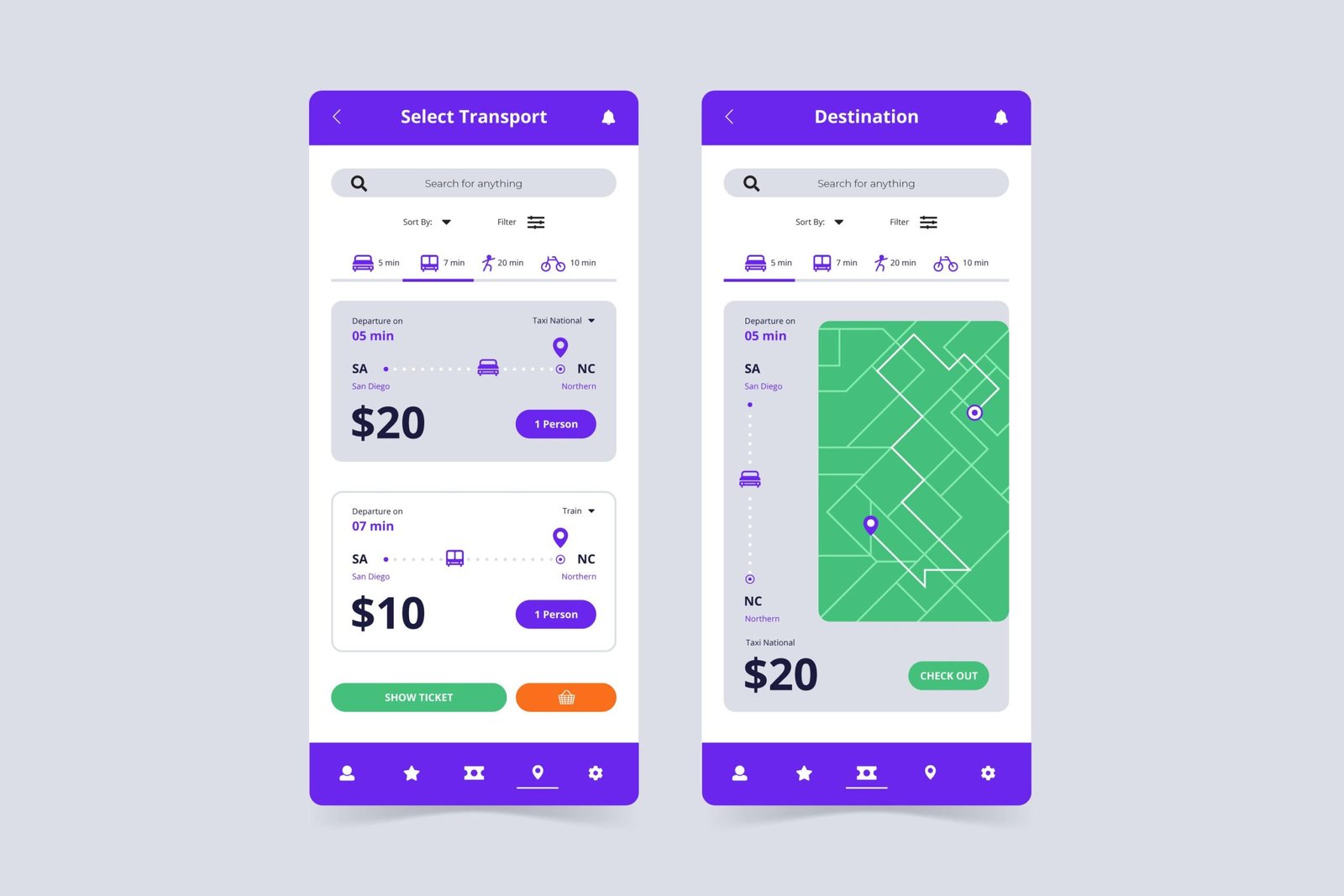Fantasy sports apps have transformed how fans interact with their favorite games, offering an immersive experience driven by data and technology. In recent years, artificial intelligence (AI) and big data have emerged as game-changers in the fantasy sports industry. Together, they create a synergy that enhances user experience, streamlines app functionality, and provides actionable insights. This article explores how AI and big data are reshaping fantasy sports app development and what this means for the future of sports entertainment.
What Role Does AI Play in Fantasy Sports Apps?
Artificial intelligence powers the decision-making and personalization features of fantasy sports apps. Its ability to analyze vast amounts of data in real time makes it indispensable.
Key AI Applications in Fantasy Sports Apps:
- Player Performance Prediction:
AI algorithms use historical data, weather conditions, and current form to predict player performances. This enables users to make informed decisions when creating their fantasy teams. - Personalized User Experiences:
AI tracks user behavior to recommend players, leagues, or strategies that align with individual preferences. Personalization keeps users engaged and increases app retention rates. - Chatbots for User Support:
AI-driven chatbots provide instant support for user queries, enhancing customer satisfaction. These bots can handle everything from onboarding new users to resolving payment issues. - Advanced Analytics:
AI can break down complex game statistics into simple insights for users, helping them make better decisions and enhancing their overall experience.
Big Data: The Backbone of Fantasy Sports
Big data serves as the foundation for most AI functionalities in fantasy sports apps. It collects, stores, and processes vast volumes of information to deliver actionable insights.
How Big Data Impacts Fantasy Sports App Development:
- Data Collection and Storage:
Big data platforms gather information from various sources, including live matches, player stats, and user activity within the app. - Real-Time Updates:
Fantasy sports apps rely on big data to provide live updates on scores, player injuries, and match outcomes, keeping users informed and engaged. - Trend Analysis:
Big data helps developers identify trends in user preferences and gameplay, enabling them to optimize the app’s features and design. - Fraud Detection:
With big data analytics, developers can identify unusual user behavior that might indicate cheating or fraud, ensuring fair play within the app.
The Synergy of AI and Big Data in Fantasy Sports Apps
When combined, AI and big data create a powerful ecosystem that elevates fantasy sports apps to new heights.
1. Enhanced Decision-Making for Users:
AI leverages big data to provide users with detailed insights and predictions. For example, an app might suggest the best players for a particular match based on their past performances and current form.
2. Dynamic Pricing Models:
AI-driven algorithms analyze big data to adjust player prices in real-time, reflecting their market value and performance trends. This adds an extra layer of strategy for users.
3. Improved User Engagement:
By combining big data’s user behavior analysis with AI’s personalization capabilities, apps can deliver tailored experiences. Push notifications, personalized recommendations, and dynamic leaderboards keep users coming back.
4. Efficient Backend Operations:
For developers, the synergy of AI and big data simplifies backend operations. AI automates tasks like data analysis, while big data ensures that the app’s database remains organized and accessible.
Challenges in Integrating AI and Big Data
While the benefits are immense, integrating AI and big data into fantasy sports apps comes with its challenges.
1. Data Privacy Concerns:
Apps must comply with data protection regulations like GDPR to safeguard user information.
2. High Development Costs:
Building and maintaining an AI and big data ecosystem requires significant investment in infrastructure and talent.
3. Complex Implementation:
Integrating AI models with big data platforms is a complex process that demands expertise and advanced tools.
Future Trends in AI and Big Data for Fantasy Sports
The future of fantasy sports app development will see even deeper integration of AI and big data.
1. Predictive Analytics at Scale:
As AI models become more sophisticated, they will offer even more accurate predictions for player performance and game outcomes.
2. Immersive Experiences with AR/VR:
AI and big data will work together to power augmented reality (AR) and virtual reality (VR) experiences, giving users a more immersive way to enjoy fantasy sports.
3. Blockchain Integration:
Blockchain technology will enhance the transparency and security of transactions and data within fantasy sports apps, powered by big data insights.
Conclusion: Partner with a Fantasy Sports App Development Company
The integration of AI and big data is no longer optional for fantasy sports apps—it’s a necessity to stay competitive in a crowded market. By leveraging these technologies, developers can deliver apps that are not only engaging but also intelligent and user-friendly.
To create a cutting-edge app that capitalizes on the synergy of AI and big data, it’s crucial to partner with an experienced Fantasy Sports App Development Company. With the right expertise, your app can redefine user engagement and set new benchmarks in the industry.



